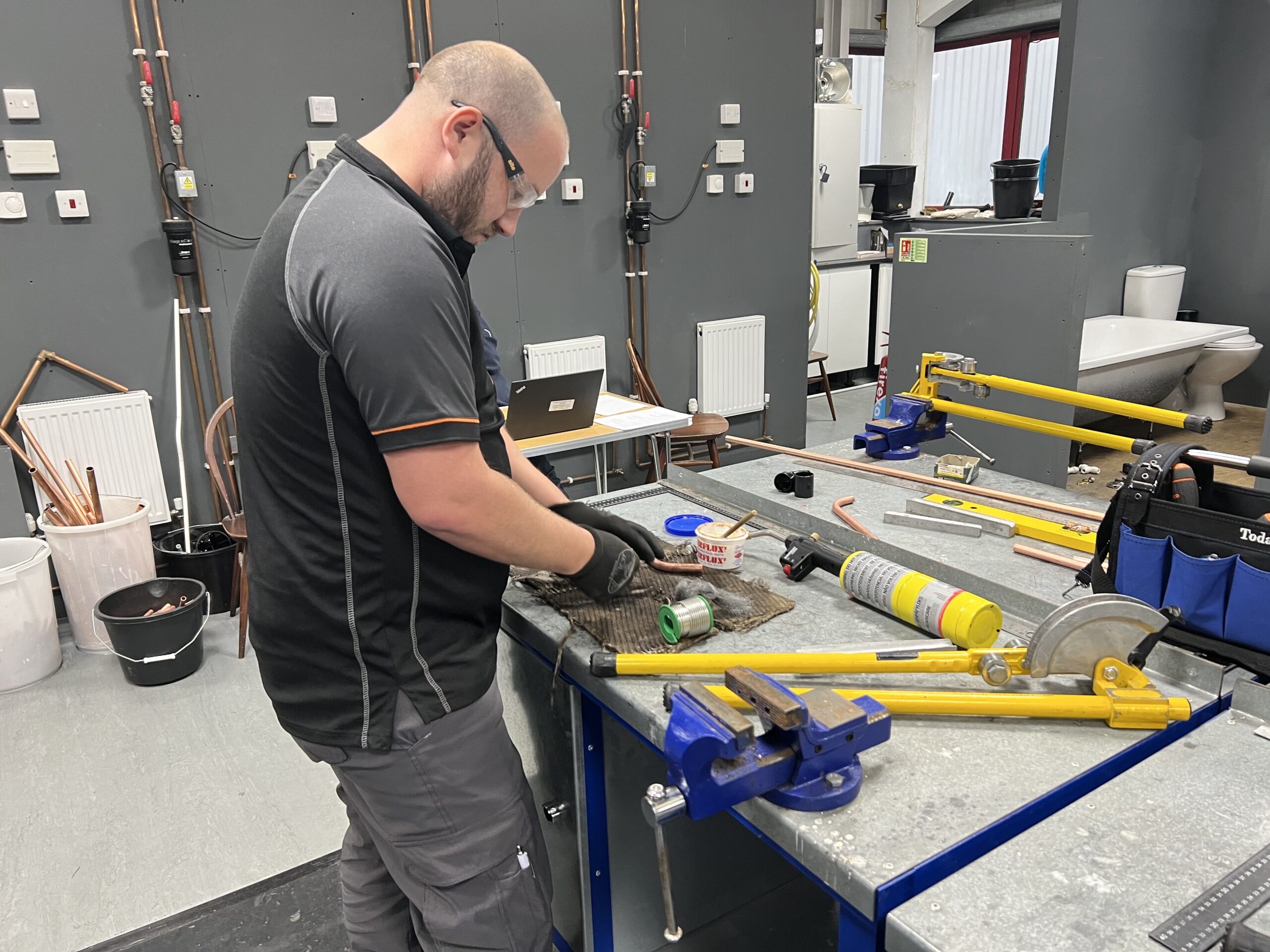Demand for domestic solid fuel heating is on the up, providing business opportunities for installers and technicians across the sector.
Since the 1960s, natural gas central heating has been the most popular method of heating domestic homes.
However, in recent years solid fuels, including wood burners and biomass, have been increasing in popularity; HETAS installers have reported a 60% increase in installations over the past seven years.
The traditional trend has spread from rural, country homes and solid fuel heating is increasingly a common feature in towns and cities.
As well as being aesthetically pleasing, a wood burner is an efficient heat source, helping to keep rising central heating bills to a minimum.
Open fires and wood burners can provide effective room heating, while back boilers, biomass boilers and pellet stoves can power central heating and hot water for the entire home.
Take our quick 5 question Solid Fuel survey
// Create your own user feedback survey
Homeowners going green
Domestic biomass boilers and some pellet stoves are eligible for funding under the Renewable Heat Incentive (RHI), which provides a return on investment for ‘going green’.
Trees planted for fuel can provide a sustainable supply of wood – as long as trees are replanted there is potential for a never-ending supply.
Burning wood is carbon neutral, as carbon dioxide is absorbed as the wood grows and later released during the burning process.
Some carbon emissions are produced during the production and transport, but wood fuel is still one of the most climate-friendly we have.
Safety implications
To protect the safety of customers and their homes, new and replacement solid fuel combustion appliances must be installed in accordance with strict building regulations and manufacturers installation instructions.
If appliances are not installed and maintained correctly there is risk of fire, explosions or carbon monoxide poisoning.
This dangerous gas can cause severe headache, dizziness, nausea, vomiting and loss of consciousness, and is responsible for 40 deaths per year, as well as 300 injuries.
Suitable training is therefore essential in order to safely take advantage of the growing demand for solid fuel heating.
Back to Insights

Are you trained to meet the demand for solid fuel heating?
Insights | 24th April 2024
The role of trades in a sustainable future
Read more
Insights | 12th April 2024








